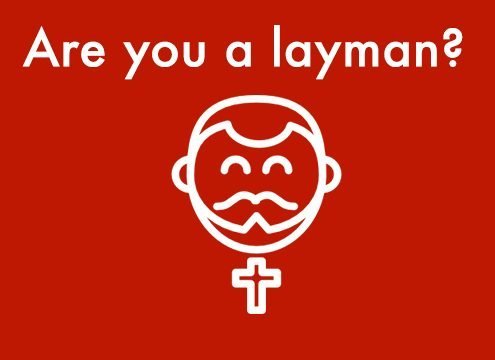Are you a layman?
Probably. “Layman” has two meanings. It can refer to a person who is not qualified or experienced in a subject, or someone (un lego) who only has general knowledge about something. The plural is laymen. Some examples:
- In the context of economics I am a layman (…soy un lego).
- The book was written for a layman and not for an expert (…fue escrito para un lego, no para un experto).
- Speaking in layman´s terms (hablando en términos sencillos…), the issue
Often a person might say “in this context I am a layman”. The person may just want to be modest, or they may only know a little about a subject.
The other meaning of layman (seglar, laico) refers to a person who is involved in the Christian church but is not a member of the clergy (clero) or a monk (monje). Here is an example: the layman asked the priest for advice (el lego pedía al sacerdote para obtener su consejo).
So, are you a layman?











